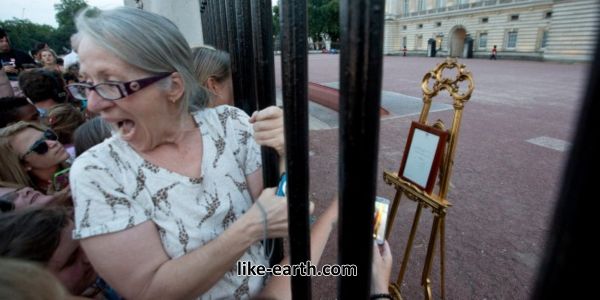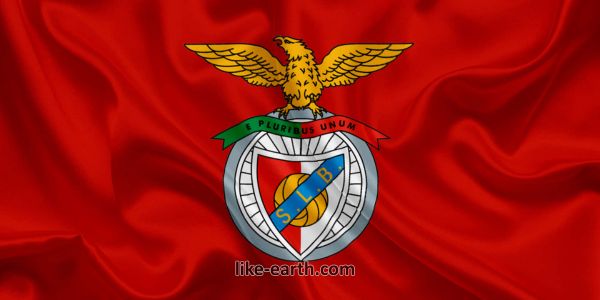Impact of Monarchy on Global Tourism

Impact of monarchy on global tourism has been significant for centuries. Monarchies continue to play a major role in promoting cultural heritage and boosting international travel. From royal ceremonies to majestic palaces, monarchies offer unique experiences that attract millions of tourists annually.
Historic Legacy and Tourist Fascination
Monarchies preserve history through architecture, traditions, and lineage. This historical continuity is a compelling attraction for global travelers. Visitors seek to explore royal palaces, attend national celebrations, and understand centuries-old traditions. These elements differentiate monarchies from republics.
The UK Royal Family and Its Global Draw
Britain’s monarchy is a global icon. Buckingham Palace, Windsor Castle, and the Tower of London welcome millions of visitors annually. Tourists are fascinated by the pageantry, uniforms, and history. This sustained interest has made royal tourism a vital contributor to the UK’s economy.
Royal Ceremonies and Their Magnetic Pull
Events like royal weddings, jubilees, and coronations captivate audiences worldwide. These ceremonies are broadcast live and become media spectacles. In 2018, Prince Harry and Meghan Markle’s wedding drew over 1.9 billion viewers. Cities hosting such events see massive spikes in hotel bookings and consumer spending.
Economic Boost to Local Communities
Royal tourism doesn’t only benefit capitals. Smaller towns with royal connections see a rise in visitor numbers. These communities profit from guided tours, local crafts, and accommodation services. Economic activity is dispersed more evenly across regions with royal landmarks.
Influence on National Branding
Monarchies enhance a nation’s global identity. Tourists associate these countries with elegance, legacy, and grandeur. This positive branding increases travel desirability. It also enhances export potential, as national pride becomes a marketing asset for products and services.
Palaces and Museums as Major Attractions
Royal palaces are often transformed into museums. These sites preserve artifacts, portraits, and royal archives. Admission fees and gift shops generate revenue. Their continued maintenance also supports preservation industries and heritage management professionals.
Fashion, Film, and Media Influence
Monarchs and royal families inspire fashion and pop culture. Tourists flock to filming locations of shows like “The Crown” or movies about royal life. These media portrayals spark interest in travel, boosting tourism through entertainment-based exposure.
Cross-Border Tourism Influence
Many monarchies influence tourism beyond their borders. Tourists often plan multi-country trips to explore various royal sites. European monarchies like those in the Netherlands, Sweden, and Spain contribute to a broader royal circuit. This cross-border tourism promotes regional unity and cooperation.
Educational and Cultural Tourism
Schools, universities, and academic institutions organize royal heritage tours. These experiences enrich history and political science curriculums. Educational tourism tied to monarchy offers high-value experiences and encourages youth engagement with history and governance.
Tourism Sustainability and Preservation
Modern monarchies emphasize sustainability in tourism. Restoration projects, eco-friendly tour policies, and cultural preservation are increasingly prioritized. These initiatives ensure long-term appeal while minimizing the environmental footprint of mass tourism.
Challenges and Controversies
Despite their appeal, monarchies can face criticism. Protests, funding debates, and political transitions can affect tourism appeal. However, consistent branding and PR efforts often help maintain public interest. Monarchies adapt their image to stay relevant to modern audiences.
Digital Tourism and Virtual Access
Technological advancements enable virtual tours of royal sites. During the pandemic, digital access maintained tourist interest. Augmented reality and online exhibitions allow people to explore from anywhere. These innovations broaden reach and build anticipation for in-person visits.
Future Outlook of Royal Tourism
The impact of monarchy on global tourism is expected to remain strong. As long as monarchies adapt and engage, tourists will continue to be drawn to their grandeur. Their stories, settings, and significance provide unmatched experiences in the travel industry.
For more insights on culture and global trends, visit our main site.
Connect with global thinkers on our official WhatsApp channel.



